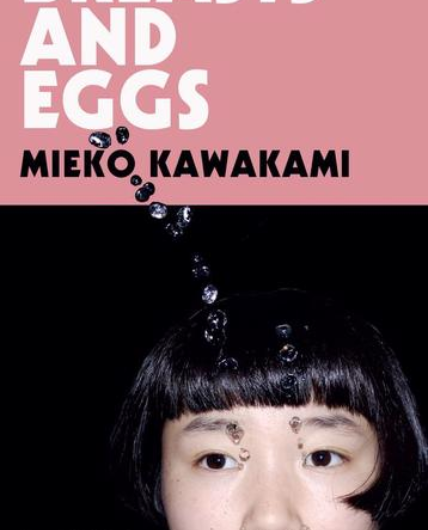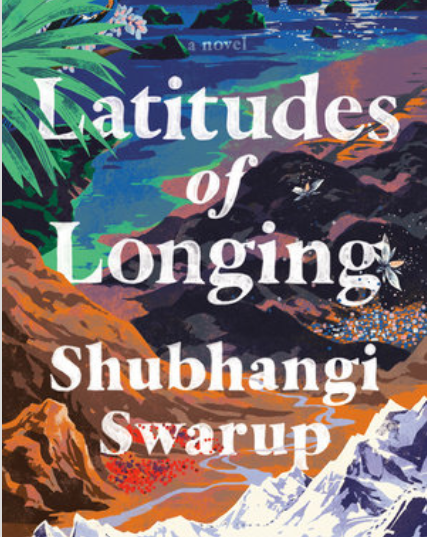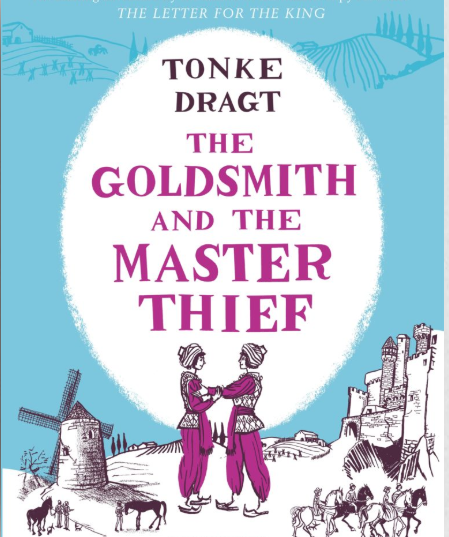In her much-celebrated novel, Breasts and Eggs, the principal character, Natsuko, asks some rudimentary questions.
“Does blood coming out of your body make you a woman? A potential mother? What makes that so great anyway?”
“What’s the secret to long life?”
“What’s it mean to hurt, anyway?”
Natsuko is single and in her late 30’s with no inclination to follow the rest of her peers in settling down. In the first part of the book, she watches her sister Makiko go through the struggles of being a single parent as she raises her daughter Midoriko. Natsuko questions everything at this point – relationships, parenthood, dating, menstruation, and the very notion of femininity or womanhood.
However, as time passes she becomes obsessed with the idea of having a child with the help of a sperm donor. The second half of the book is mostly dedicated to her vacillations and how she tries to arrive at a decision.
Natsu discusses her thoughts with two of her friends, Sengawa and Rika, who give her very different views.
“Rika urged me on, making her case from every possible angle… Having a child in your life was such a beautiful thing.”
Sengawa, on the other hand, is not convinced.
“You could never handle motherhood,” Sengawa laughed. “Take a look at yourself. Think about money. Think about work…”
I see Sengawa and Rika as the two halves of Natsu’s brain, and the way both the friendships progress is almost like an illustration of her eventual decision.
I enjoyed the first half of the book much more because it held many stories within it. The life of a single woman and a single parent, economic hardships, a teenager’s attempts to come to terms with her changing body, and the relationship between sisters.
But the sweet pace of the book suddenly grinds to a halt in the second half with Natsu’s meanderings about sperm donors. Almost the entire second half is dedicated to exploring the implications of being the child of a sperm donor or being a sperm donor. There was considerable male-bashing too, which seemed too simplistic, and binary at times.
It was mildly interesting at first, but the thoughts become so repetitive (as thoughts are, most of the time) that it almost tired me out. And it all comes to a very neatly packaged ending, which I saw a mile away but expected to be proven wrong.
However, throughout the book there are flashes of brilliant observations, little lotuses in the mud; lines that show a raw vulnerability and rare, innocent love. Natsu describes her life with her sister.
“We had no money. We had nothing. But we had each other. We had our words, and all the feelings that we never even thought of putting into words.”
On a particularly blue evening, Natsu wonders,
“How many more times in my life would I sit back like this and find myself transfixed by the blue of the evening? Is this what it means to live and die alone? That you’ll always be in the same place, no matter where you are?”
At the end of it all, I was reminded of Natsu at the point where she feels suffocated by her own lack of clarity. She feels paralyzed “from the neck up, blocking the parts of me that created my emotions, all the sadness and the torment…”
I kind of felt like that when I finished reading the book.
Rating: 3/5
Thanks to NetGalley and the publisher for the ARC!
Image source: Pan MacMillan



